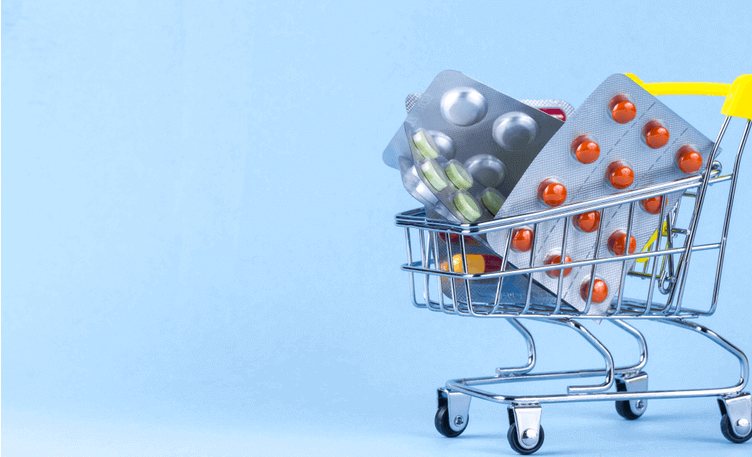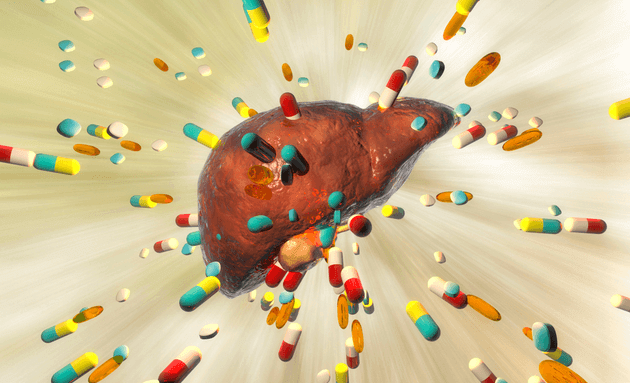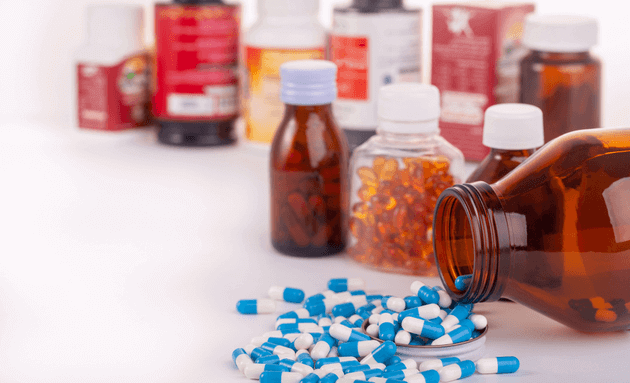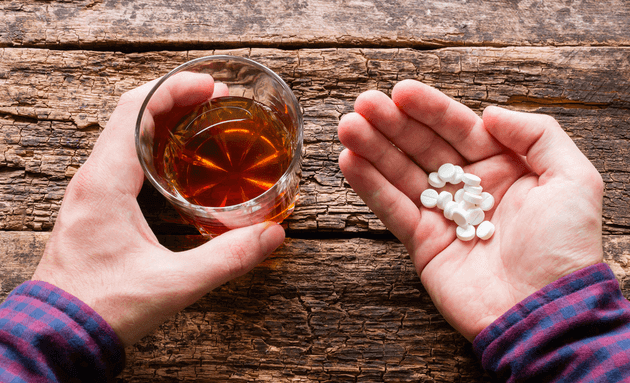
Liver Problems: Overview, Symptoms and Causes Of Drug-induced Liver Injury
Administering certain drugs and supplements without proper precaution can cause damage to your liver. It is one of the most known contributing factors to acute liver failure.
Injury to the liver due to consumption of prescribed or non-prescribed drugs and dietary supplements is a growing problem in India and has risen considerably over the last few years.
What Is Drug-induced Liver Injury?

Some drugs can affect your liver function or damage it completely. The term Drug-induced Liver Injury (DILI), or drug-induced hepatotoxicity, is used to classify any damage caused by drugs to your liver, with or without symptoms such as jaundice, abdominal pain, bruises or bleeds.
Drug-induced liver damage is categorised based on factors such as:
- The extent of damage to the liver,
- How liver cells are affected, and
- Which liver enzyme abnormalities are detected
How Can a Wrong Drug Injure Your Liver?
Your liver is the largest organ in your body and acts as a shield from harmful substances that enter the body through food, water, air, and physical contact. It removes them from your bloodstream before they can cause further damage.
However, some substances can harm the liver and inhibit its optimal functioning, thereby inducing damage. It is believed to occur in different ways, such as through a malfunction of the energy cells (mitochondrial dysfunction), loss of functional integrity of the liver, and liver-damaging drug allergies.
Long-term overuse of certain medications can even lead to liver cirrhosis or chronic liver damage. There are also certain medications, that when taken in combination with other harmful substances, may damage your liver.
What Are the Types of Drug-induced Liver Injuries?

There are two types of drug-induced liver injury - intrinsic and idiosyncratic.
Intrinsic DILI is liver damage caused due to a known and dose-related drug, used to specifically treat some medical condition.
Idiosyncratic DILI, which is less frequent, is known to be caused independently of drug dose, route or duration of administration.
What Are the Symptoms to Look Out For?
Drug-induced liver injury is one of the hardest to diagnose, until at a later stage when considerable damage has been done. However, some of the first signs and symptoms to watch out for are:
- Jaundice (yellowing of the eyes and skin)
- Pain in the right upper corner of the abdomen
- Itching
- Nausea
- Loss of appetite
- Dark-coloured urine
- White or grey stool
- Fever and headaches
If you’re using a drug which is known to cause liver damage, your doctor will recommend routine blood tests to eliminate all chances of liver damage.
What Are the Most Common Drugs that Cause Liver Injury?
The most common drugs known to cause liver injury are anti-tubercular drugs (ATT), antibiotics, non-allopathic medicines, and anti-seizure medicines. OTC medicines, digestives, and herbal medicines are also known to cause minor liver injury.
What Combinations of Drugs and Substances Should You Avoid?

The most popularly known deadly combination is that of alcohol and excessive doses of paracetamol. It can result in liver failure and may need immediate medical attention.
There are no specific food restrictions but may depend on the severity of any medical condition you’re already being treated for. Consult your doctor for more details on diet and drug combinations.
Are You at Risk of Drug-induced Liver Injury?
Anybody can be at risk of a drug-induced liver injury if administering the wrong combinations and dosage. However, people affected by Hepatitis B, C, HIV, or someone on multiple medications, are at a higher risk of drug-induced liver injury.
DILI is a curable condition. However, early diagnosis or safe consumption of medicines are the only possible ways to counter the adverse effects.

